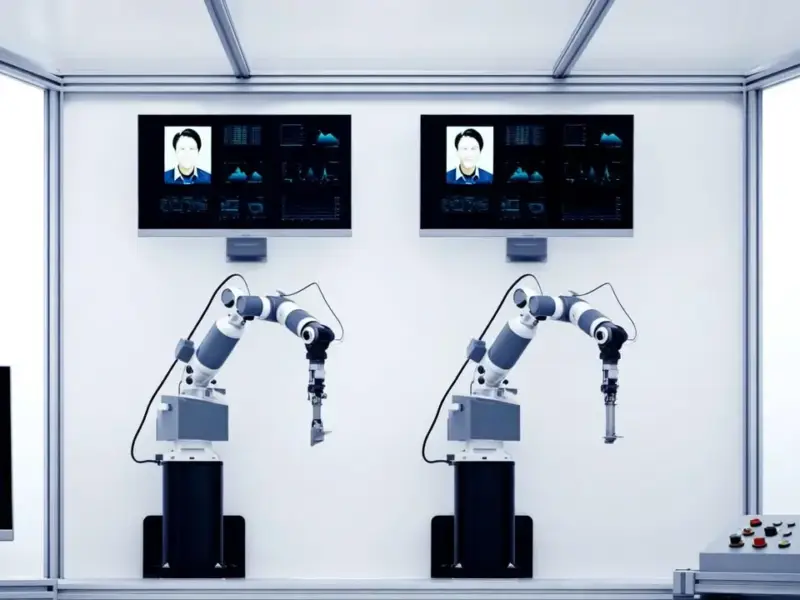According to Fast Company, Stability AI mostly prevailed against Getty Images Tuesday in a British High Court battle over intellectual property. Getty had accused the AI company of scraping 12 million images from its website without permission to train Stable Diffusion. This closely followed case was among the first major lawsuits involving generative AI training data. While the ruling provides some clarity, experts say it still leaves significant unanswered questions about copyright and AI.
What This Actually Means
Here’s the thing – this isn’t a complete victory for Stability AI, but it’s definitely a win. The court essentially said “mostly” in favor of Stability, which means there might still be some smaller issues to work out. But the core argument? That’s looking pretty solid for AI companies right now.
And let’s be real – this was a huge test case. Getty Images went after Stability AI hard, claiming they basically stole 12 million images. But the court didn’t see it that way, at least not completely. This sets a pretty important precedent, especially in the UK where “fair dealing” laws are similar to US “fair use” doctrines.
The Bigger Picture for AI
So what does this mean for other AI companies? Basically, it’s a green light – but with some caution tape still up. Companies like OpenAI, Anthropic, and others training models on publicly available data can breathe a little easier. They’ve been arguing that training AI on existing content falls under fair use, and this ruling gives that argument some serious weight.
But here’s the catch – this is just one case in one country. The US has similar cases pending, and different courts might see things differently. Still, you can bet every AI legal team is studying this ruling like it’s the holy grail right now.
Who Wins and Loses
Look, the immediate winners are clearly the AI companies. They just got judicial support for their core training methodology. But content creators? They’re probably feeling pretty nervous right now. If courts keep ruling this way, their ability to control how their work gets used for AI training becomes much weaker.
And what about competition? This ruling could actually level the playing field a bit. Smaller AI startups won’t have to negotiate expensive licensing deals with every content owner just to train their models. That means more innovation and potentially lower costs for everyone using AI tools down the line.
The real question now is – will this push content companies to develop their own AI tools instead of fighting the existing ones? Because if you can’t beat ’em, join ’em might become the new strategy.





Thank you for your sharing. I am worried that I lack creative ideas. It is your article that makes me full of hope. Thank you. But, I have a question, can you help me?